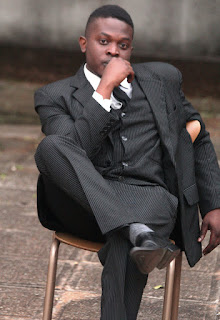Becoming a DJ at a radio station may require a bachelor's
degree. Journalism, broadcasting and communications majors can study a
wide range of topics. Some of these topics can include voice training,
sound engineering, journalism or reporting skills and computer training.
A bachelor's degree is not always required but may increase the chances
of being hired as a radio DJ.
There are no formal educational requirements to work as a club or party DJ. However, some colleges offer courses that club DJs may find useful. These can include music software training, sound production, marketing and small business management.
Club or party DJs may be required to obtain an entertainment license or small business license in some areas. This can vary based on the location where a club DJ is working.
There are no formal educational requirements to work as a club or party DJ. However, some colleges offer courses that club DJs may find useful. These can include music software training, sound production, marketing and small business management.
Certification
In general, disc jockeys do not need formal certification to find work. Obtaining voluntary certification in topics related to broadcasting, like production management or computer training, may be helpful.Licensing
In the past, radio DJs needed to obtain a commercial broadcasting license in order to work on the air. This was due to the fact that broadcast transmissions are regulated by the Federal Communications Commission. However, this requirement no longer stands and broadcast DJs do not need to be licensed.Club or party DJs may be required to obtain an entertainment license or small business license in some areas. This can vary based on the location where a club DJ is working.

